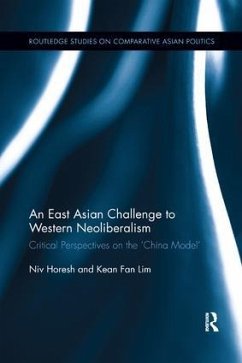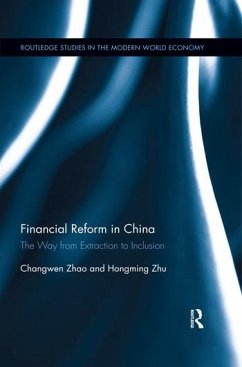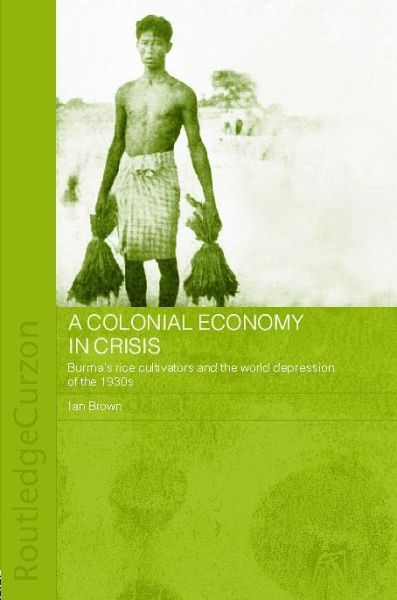
A Colonial Economy in Crisis
Burma's Rice Cultivators and the World Depression of the 1930s
Versandkostenfrei!
Versandfertig in 1-2 Wochen
54,99 €
inkl. MwSt.
Weitere Ausgaben:

PAYBACK Punkte
27 °P sammeln!
The book challenges the orthodox argument that rural populations which abandoned self-sufficiency to become single commodity producers, and were supposedly very vulnerable to the commodity price collapse of the 1930s Depression, did not suffer as much as has been supposed. It shows how the effects of the depression were complicated, varying between regions, between different kinds of economic actors, and over time, and shows how the 'victims' of the depression were not passive, working imaginatively to mitigate their circumstances.





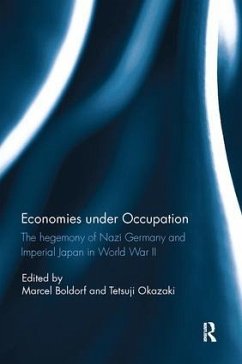
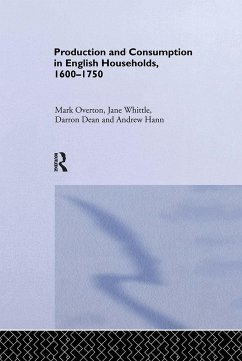
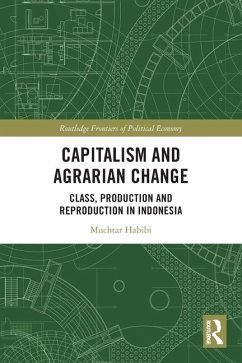


![The Colonial Life Assurance Company [microform]: Investigation Report and Division of Profits, 1864 Cover The Colonial Life Assurance Company [microform]: Investigation Report and Division of Profits, 1864](https://bilder.buecher.de/produkte/65/65599/65599897n.jpg)

